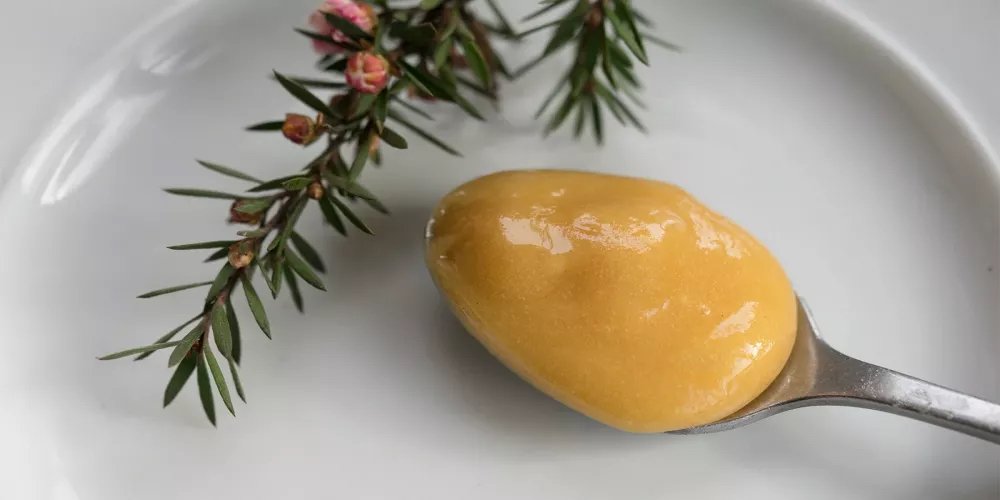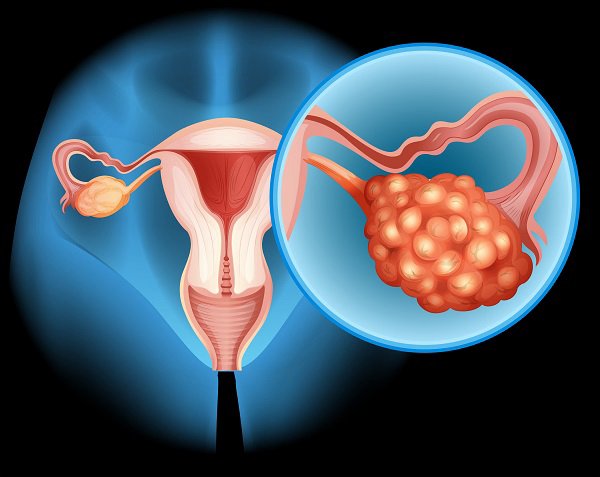In recent years, manuka honey has gained attention not only for its medicinal and healing properties but also for its potential role in combating serious health conditions like breast cancer. This unique honey, produced by bees that pollinate the manuka bush (Leptospermum scoparium) native to New Zealand, has been studied extensively for its antibacterial, anti-inflammatory, and antioxidant properties. Now, emerging research suggests that it may also play a vital role in breast cancer prevention and treatment.
This article explores how manuka honey works in the fight against breast cancer, its benefits, and the scientific studies supporting these claims.
What is Manuka Honey?
Manuka honey is a monofloral honey made from the nectar of the manuka tree, which grows predominantly in New Zealand and parts of Australia. What sets it apart from other types of honey is its exceptionally high levels of methylglyoxal (MGO), a compound believed to be responsible for its potent antibacterial and therapeutic effects.
In addition to its known ability to treat wounds and infections, manuka honey has garnered attention in the field of oncology for its potential as a complementary treatment in cancer therapy.
The Growing Concern of Breast Cancer

Breast cancer is the most common cancer affecting women globally, with millions of new cases diagnosed each year. Despite advances in treatment, the fight against breast cancer remains a significant challenge. Current therapies, including surgery, chemotherapy, and radiation, are often associated with side effects and the risk of recurrence.
As a result, many researchers are turning to natural substances like manuka honey to explore alternative and complementary therapies. These natural remedies are being studied for their ability to enhance conventional treatments while reducing side effects.
How Does Manuka Honey Fight Breast Cancer?
Several studies have investigated the anti-cancer properties of manuka honey, and the results are promising. Here’s how manuka honey may contribute to the fight against breast cancer:
1. Antioxidant Properties
Manuka honey is rich in antioxidants, which are compounds that protect the body’s cells from damage caused by free radicals. Free radicals are unstable molecules that can contribute to the development and progression of cancer by damaging healthy cells.
The antioxidants in manuka honey can help neutralize these harmful molecules, thus potentially preventing cancer cells from multiplying and spreading.
2. Anti-Inflammatory Effects
Chronic inflammation has been linked to the development of various cancers, including breast cancer. Manuka honey’s strong anti-inflammatory properties may help reduce inflammation in the body, which can lower the risk of cancer development and slow the progression of existing cancer cells.
3. Inducing Apoptosis (Programmed Cell Death)
One of the most significant findings from studies on manuka honey is its ability to induce apoptosis, or programmed cell death, in cancer cells. Apoptosis is a natural process where damaged or abnormal cells self-destruct, which is a crucial mechanism in preventing cancer.
Research has shown that manuka honey can trigger apoptosis in breast cancer cells, thereby inhibiting their growth and preventing them from spreading to other parts of the body.
4. Inhibiting Tumor Growth
Manuka honey contains various bioactive compounds, including flavonoids and phenolic acids, which have been shown to inhibit tumor growth. These compounds work by interfering with the cancer cells’ ability to proliferate, thus slowing down the progression of the disease.
5. Synergistic Effects with Chemotherapy
Some studies suggest that manuka honey may enhance the effectiveness of chemotherapy while reducing its side effects. Chemotherapy is a standard treatment for breast cancer, but it often comes with adverse effects such as nausea, fatigue, and immune suppression.
Manuka honey’s immune-boosting and anti-inflammatory properties may help alleviate these side effects, allowing patients to better tolerate chemotherapy and improve their overall quality of life.
Scientific Studies Supporting Manuka Honey’s Role in Breast Cancer Treatment
Research into manuka honey’s potential in breast cancer treatment is still in its early stages, but several promising studies have been conducted.
Study 1: Manuka Honey Induces Apoptosis in Breast Cancer Cells
A study published in the Journal of Natural Medicine investigated the effects of manuka honey on breast cancer cells. Researchers found that manuka honey triggered apoptosis in breast cancer cells, leading to a significant reduction in cancer cell growth. The study concluded that manuka honey could be a valuable natural adjunct to traditional cancer treatments.
Study 2: Anti-Tumor Activity of Manuka Honey
In a study published in the Evidence-Based Complementary and Alternative Medicine Journal, researchers examined the anti-tumor activity of manuka honey. The study demonstrated that manuka honey reduced the proliferation of breast cancer cells and inhibited tumor growth. This study further supports the potential use of manuka honey in breast cancer therapy.
Study 3: Manuka Honey Enhances Chemotherapy Tolerance
Another study looked at the synergistic effects of manuka honey with chemotherapy drugs in breast cancer patients. The results showed that patients who consumed manuka honey alongside chemotherapy experienced fewer side effects and had improved immune function compared to those who received chemotherapy alone.
How to Incorporate Manuka Honey into a Breast Cancer Treatment Plan
While the research on manuka honey is promising, it’s essential to remember that it should not replace conventional cancer treatments. Instead, manuka honey can be used as a complementary therapy to support overall health and well-being during breast cancer treatment.
Here are some ways to incorporate manuka honey into a breast cancer treatment plan:
• Daily consumption: Taking a spoonful of manuka honey daily can help boost the immune system and provide antioxidant protection.
• Topical application: Manuka honey can be applied topically to soothe radiation burns and promote healing of surgical wounds.
• As a natural sweetener: Manuka honey can be used as a healthier alternative to sugar in drinks and recipes, providing both nutrition and therapeutic benefits.
It’s important to consult with a healthcare provider before adding manuka honey to a cancer treatment plan, as it may interact with certain medications or treatments.
The Benefits of Manuka Honey Beyond Cancer Treatment
While the focus of this article is on manuka honey’s potential role in fighting breast cancer, it’s worth noting that this remarkable honey offers many other health benefits. Some of these include:
• Wound healing: Manuka honey is well-known for its ability to heal wounds and burns due to its antibacterial and anti-inflammatory properties.
• Improving digestion: Manuka honey can help soothe digestive issues, such as acid reflux and stomach ulcers.
• Boosting the immune system: Regular consumption of manuka honey can enhance the immune system, making it more effective at fighting off infections and illnesses.
Conclusion: A Promising Future for Manuka Honey in Cancer Treatment
Manuka honey represents a promising natural therapy in the fight against breast cancer. Its ability to induce apoptosis, inhibit tumor growth, and enhance the effectiveness of chemotherapy makes it a valuable addition to conventional cancer treatments. While more research is needed to fully understand its mechanisms and long-term effects, the current findings offer hope for those looking for complementary treatments to improve their health outcomes.
As always, individuals considering the use of manuka honey for cancer treatment should consult with their healthcare provider to ensure it is safe and appropriate for their unique situation. With further scientific exploration, manuka honey could become an essential tool in the fight against one of the world’s most prevalent cancers.
References:
1. Journal of Natural Medicine – Manuka Honey and Breast Cancer
2. Evidence-Based Complementary and Alternative Medicine Journal – Anti-Tumor Activity of Manuka Honey
3. FDA – Manuka Honey Usage and Benefits




